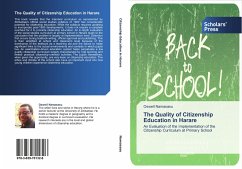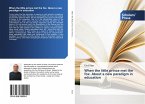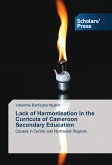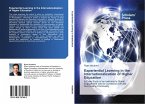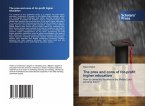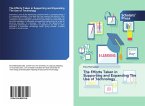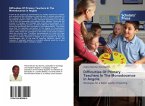This book reveals that the intended curriculum as represented by Zimbabwe's official social studies syllabus of 1982 has considerable potential for citizenship education. While the syllabus requires updating to incorporate post-1980 developments, it does not require a complete overhaul for it to promote citizenship education. An in-depth evaluation of the social studies curriculum at primary school in Harare leads to the conclusion that the problem is largely at implementation level. Distortion first occurs during textbook writing, official approval and publishing. This is then amplified at school and classroom level because of the dominance of the textbook as a teaching aid and the failure to make significant links to the actual environments and contexts in which pupils live. An examination-driven education system helps perpetuate a low quality citizenship curriculum largely characterized by rote learning and limited practical citizenship-oriented activities. The pupils themselves, when given the opportunity, are very keen on citizenship education. The ethos and climate of the school also have an important input into how young children experience citizenship education.
Bitte wählen Sie Ihr Anliegen aus.
Rechnungen
Retourenschein anfordern
Bestellstatus
Storno

